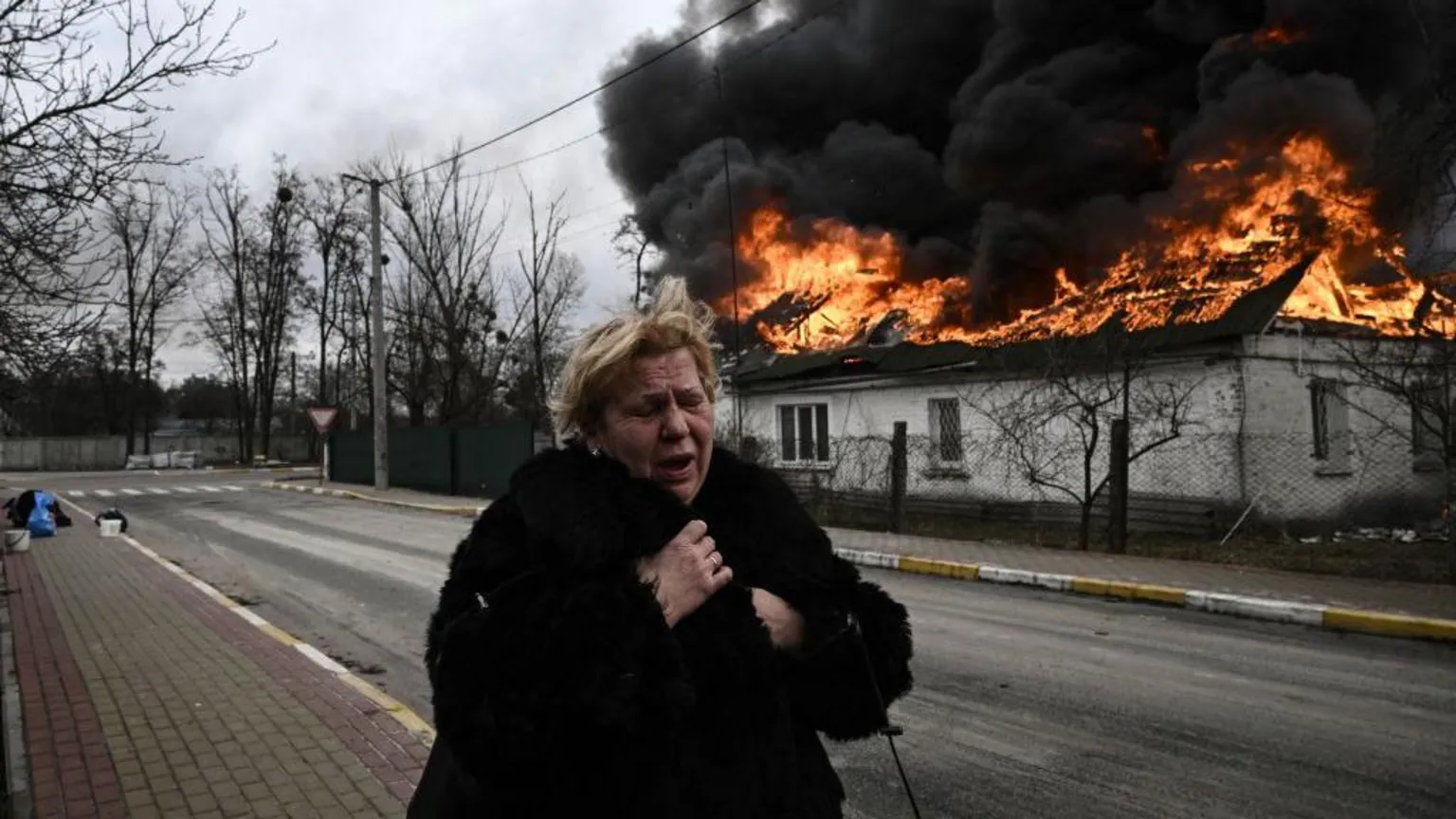 In August, a 10-month-old baby in Gaza was partly paralysed from polio, the first confirmed case there in 25 years. The paralysis is probably permanent, and there are no treatments for polio.
In August, a 10-month-old baby in Gaza was partly paralysed from polio, the first confirmed case there in 25 years. The paralysis is probably permanent, and there are no treatments for polio.
We have a safe and effective vaccine to prevent serious disease, but the ongoing war in the region has meant vaccination campaigns have stopped. A polio outbreak seems inevitable given that the disease spreads through dirty water and rubbish, which surrounds those living in tents in camps.
Fortunately, a series of nine-hour pauses over sequential days has been agreed so that children can be vaccinated as part of an emergency UN health campaign. The first of these three-day periods concluded on Tuesday; the next will continue to the end of the week. But whether the fighting will stop completely is a major worry: Israeli forces have attacked hospitals, schools, aid trucks and UN workers in the past.
UN agencies like the World Food Programme are no longer sending staff into Gaza after Israeli forces opened fire on a marked World Food Programme truck – even after the vehicle had received clearances from Israeli authorities. It’s all very well agreeing a pause on paper; the true test will be whether it is honoured in real life.





 Hamas’s armed wing said on Saturday that an Israeli woman taken hostage during the October 2023...
Hamas’s armed wing said on Saturday that an Israeli woman taken hostage during the October 2023... The stakes have never been higher in the Ukraine-Russia war.
In the week that saw the conflict...
The stakes have never been higher in the Ukraine-Russia war.
In the week that saw the conflict... Israeli soldiers in Gaza went over their superiors’ heads earlier last week to help a settler...
Israeli soldiers in Gaza went over their superiors’ heads earlier last week to help a settler... For the past year, hungry Gazans have waited in desperation for more food to enter the...
For the past year, hungry Gazans have waited in desperation for more food to enter the...






























